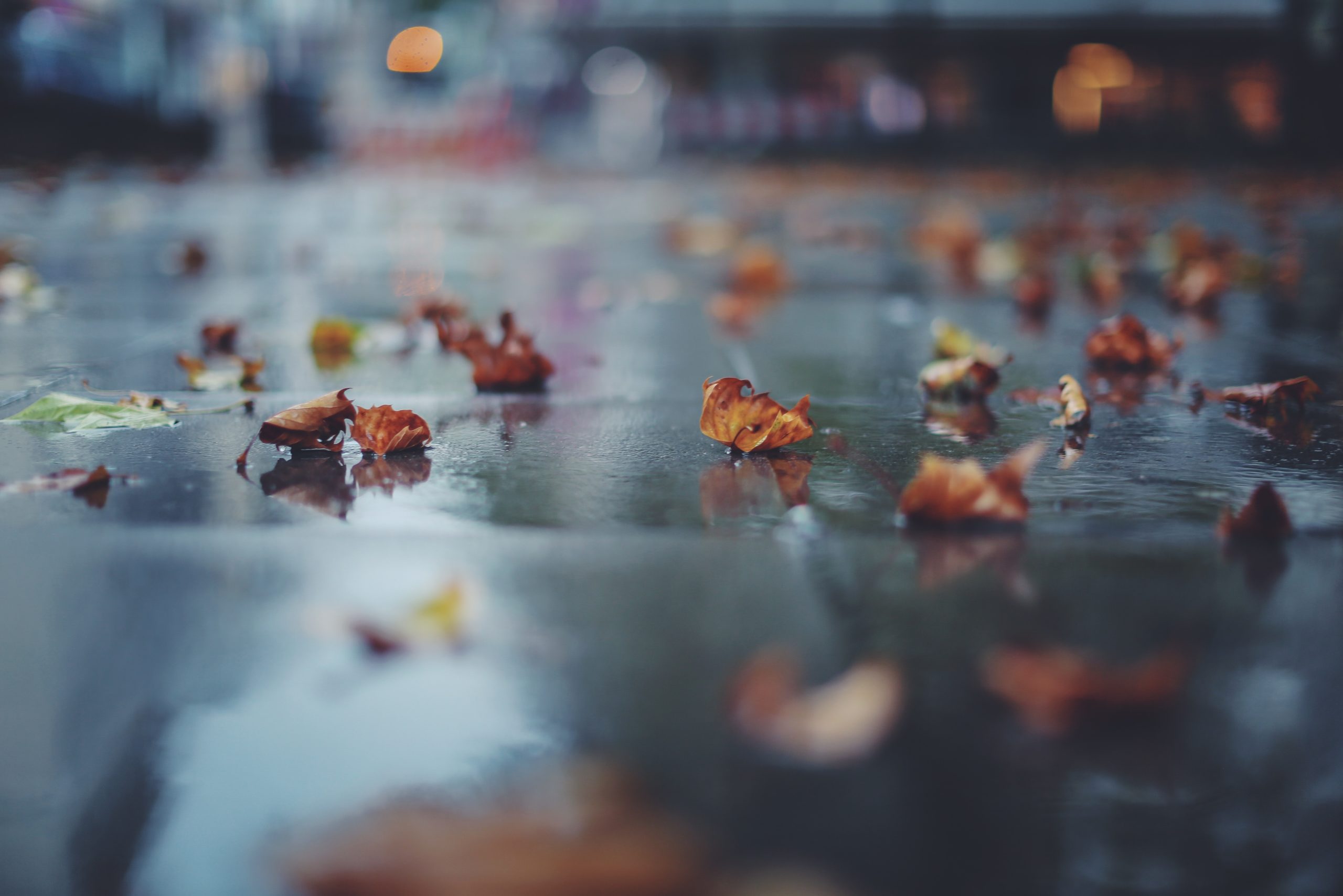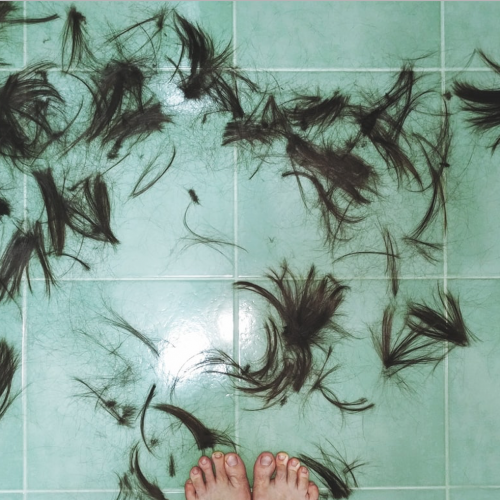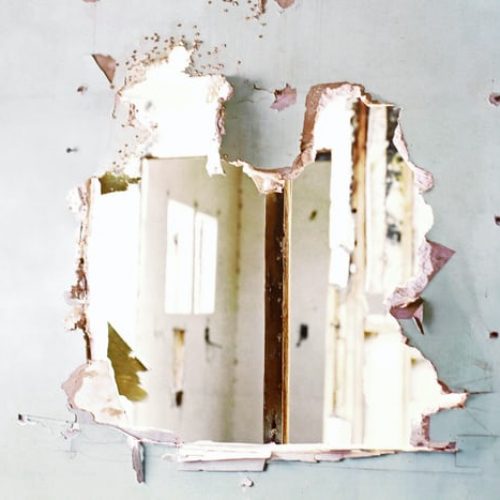You begin picking your skin at age fourteen—freshman year—shedding it like leaves falling from maple trees in autumn. Picking at your skin is an unconscious urge. You pick again and again: in class, at home, amidst birthday parties, during family dinners, on restless nights sitting in the humid heat of the city, under the burden of a slew of homework, in bed at three am when you can’t sleep and have long since given up counting sheep. You find comfort in the feeling of collecting dead skin under your nails and sloughing off your old self little by little. You pick at the skin on your face, your cheeks, your scalp. You become addicted to the feeling of scraping fingernails through your scalp only to find white flakes of dandruff ejected onto your herringbone coat and desk like a small shower of snow.
People shed: hair, dandruff, skin. Crabs cast off their shells; lizards chafe against objects to slough off their skin; insects undergo metamorphosis to transform their soft larval bodies into colorful, winged adults. Chameleons consume their skin to renew it, leaving flakes of white before their rebirth in another membrane. You think this is how all stories go: shedding to survive—new existence founded in molting. You like to streamline loss.
Spring arrives. At school, you become combative about labels—words that don’t sit well against your lips, tongue-twisters that are hard to swirl around your mouth, words that explain something deep within you that you’re afraid to accept. Dermatillomania: chronic skin-picking. Mania. The shape of that word bothers you—the idea that you can be described with a single word. Compulsion. Obsession. Psychological neurosis. You deride the words, remove them from your vocabulary, deny any sort of fixation with your skin. But your arms tell another story; they say look at what you did to yourself. Look at this coldness, the shapeshifting of skin, the impressions on hair. Look at the absence of color, the ways the world shears your skin.
You continue to pick, peeling away skin layer by layer—sometimes so aggressively that your fingers return from your scalp tinged red. Dried blood collects under your nails. You shed hair, and bald patches appear on your head—unjustifiable for a healthy fourteen-year-old. You try to cover the bare spots with barrettes, hats, with casual laughter and a charming oh, it’s nothing, but your mother—she notices. She sees you turning into your older sister, developing morbid obsessions, becoming another psychiatrist statistic. She tells you the numbers. Her face congeals, worried. Obsessive-compulsive disorder. Disorder, she emphasizes with the wrinkles on her forehead darkening and shrillness seeping into her voice.
She suggests therapy. You refuse. She suggests pharmaceuticals, herbal medicine, intense exercise, anything, absolutely anything to get your mind off your skin and your scalp. But you insist there’s nothing wrong. Habits and peculiarities: these are the stuff of life. Why can’t she understand? You convince yourself that your skin-picking is fine, a minor quirk, not an indication of something more serious: stress manifesting in a physical habit, anxiety turned into the obsessive motion of the hands. You want to pick out something honest and raw. You need to work yourself towards vulnerability.
It’s June when your cousin visits from Kansas. Her gift: a pastel pink hairband embroidered with lace flowers and silver studs, a pretty thing you call your crown and wear almost every day. In a few years, the seam holding the fabric together will fall apart, yellow out, but surprisingly, it will not break. For now, the hairband forces your hair into place, staving off your feverish urge to pick at your scalp. In class, you sit upright during chemistry lectures and listen, forcing your hands to scribble notes and not rake through your hair in search of—what? Comfort? Stability?
Relief.
And you are relieved—for a while. But then your coping mechanism becomes your new obsession. That’s your problem, you realize at a certain point—you obsess over things. You turn the normal into a craze. You excavate a behavior until it’s parched dry, until it becomes all-encompassing and all-consuming; you rehearse until you’re frantic.
Headbands become your latest craze. You collect them, one by one, building from that pink floral one. You change from wearing them almost every day to wearing them every single day, no exception: at home, at school, during birthday parties, amidst family dinners, on restless nights sitting in the humid heat of the city, under the burden of a slew of homework, in bed at three am when you can’t sleep and have long since given up counting sheep. Your hairbands become a part of you. They grow into you—a dent appears on your hair where the crescent band always is, the backs of your ears get used to the feeling of metal digging into them. They shape your character the way your skin-picking does. These are your obsessions—how do you know where they end and you begin?
Summer enters with a sweltering rain—air lathered thick and heavy, dew collecting on your upper lip. Your skin peels off in layers.

Nazanin Soghrati
Nazanin Soghrati is a 17-year-old writer based in Toronto, Ontario. Her work has appeared or is forthcoming in Germ Magazine, Young Poets Network, Minute Magazine, and more. She has been recognized by the Scholastic Art & Writing Awards, Canadian League of Poets, Poetry Institute of Canada, and the Legislative Assembly of Ontario.





